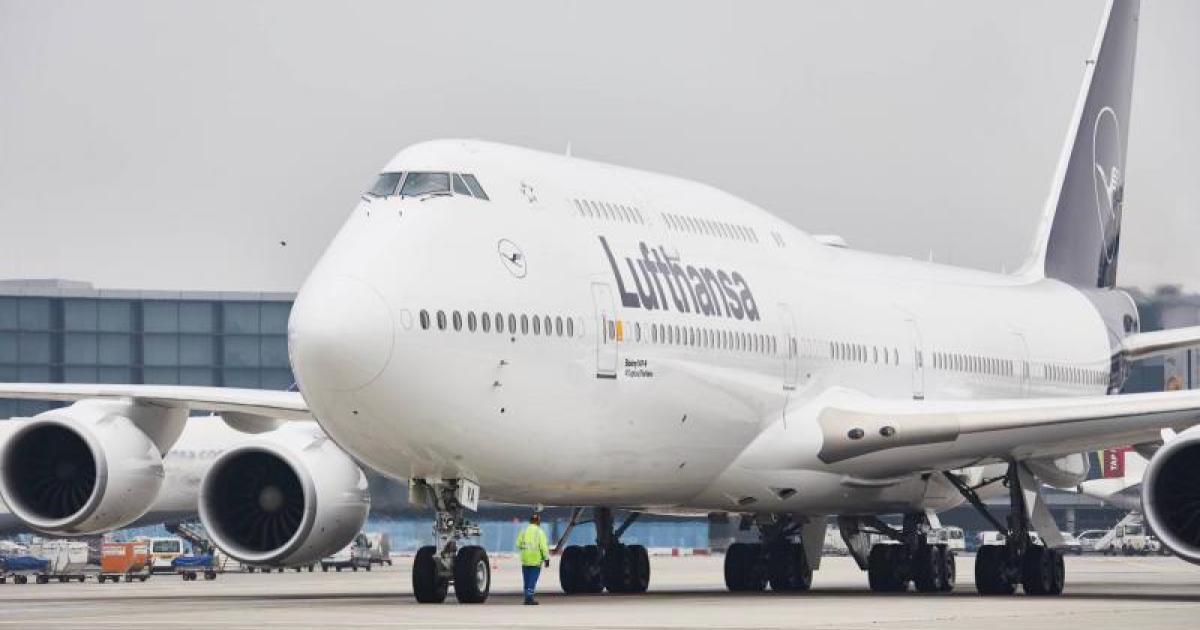Two of Mallorca and Spain’s biggest tourist markets, Britain and Germany, will have to pay extra for the privilege of flying to destinations such as the Balearic Islands. Lufthansa will add an environmental surcharge of up to 72 euros to fares, the airline announced on Tuesday, joining at least one European competitor as the industry struggles to cover the costs of new EU rules to cut emissions.
Airlines have warned for years that regulations requiring them to use more expensive sustainable aviation fuel could drive up costs. Ticket prices have already soared in recent years due to the post-COVID-19 travel boom, sparking fears that further increases could deter travelers from flying. Fares will increase on all flights between 1 euro and 72 euros, depending on the type of ticket departing from European Union countries, Great Britain, Norway and SwitzerlandThe German airline group reports that part of the increases will apply from 26 June for departures from 1 January 2025.
It said the levy would “cover some of the steadily rising additional costs resulting from legal environmental requirements” such as sustainable aviation fuel (SAF) made from bio-based materials – seen as key to making flying less polluting. Lufthansa shares hit an intraday low on the news, but recovered later in the day.
Aviation is considered responsible for approximately 2% of the world’s emissions but is considered one of the most difficult sectors to decarbonize because flight fuel cannot easily be replaced with other types of energy. European regulators have introduced rules asking fuel suppliers to ensure that 2% of fuel at EU airports is SAF by 2025, rising to 6% by 2030 and 70% by 2050. Many claim these measures will increase costs for the sector .
“I think it is logical to assume that other airlines will follow Lufthansa’s lead as it looks to pass on the increasing costs of environmental regulation in the EU,” said Dudley Shanley, an analyst at Goodbody.
Air France-KLM charged a SAF contribution in January 2022, which at the time amounted to twelve euros for business rates and up to four euros for economy fares. It is now considering broadly similar measures to Lufthansa, a person familiar with the matter said, pointing to a fee that could be higher.
“We have introduced a SAF contribution, applicable to all flights (not only those departing from Europe) to transparently reflect the additional costs of using sustainable aviation fuel,” an Air France-KLM spokesperson said in an emailed statement. British airline easyJetwhich has focused much of its environmental strategy on carbon reduction using hydrogen technology, it said had no intention of following in Lufthansa’s footsteps. “We do not apply legacy airline surcharges and have no intention of doing so,” an easyJet spokesperson told Reuters.
Wizz Air also said it would avoid additional surcharges, adding in a statement that “to avoid burdening passengers with higher costs, we are urging governments to provide incentives to enable the aviation industry to achieve its environmental goals more effectively.” reach.”
British Airways owner IAG and Ryanair did not respond to a Reuters request for comment on whether it would introduce similar measures for Lufthansa. IAG shares fell 1.8% at 1527 GMT, while budget airline Ryanair’s profits rose 2.3% after the news.
Lufthansa CEO Carsten Spohr warned last year that EU targets would be difficult to achieve and hinted that higher costs would be passed on to customers.
The price increase, which the airline called an “environmental cost surcharge,” will cover part of these costs by 2025 and will apply to all airlines in the Lufthansa group, with the exception of Eurowings tickets sold directly by the company, a spokesperson said .
On short and medium-haul flights, fares will increase by up to five euros in economy and seven euros in business class. On long-haul flights, costs will rise from 2025 to between 18 and 36 euros for business fares and up to 72 euros for first class fares, Lufthansa confirmed to Reuters.
A spokesman said the move was not related to Lufthansa’s high labor costs following strikes this year, which prompted the airline to issue a profit warning ahead of its first-quarter results.
He added that the additional costs will not increase further for the time being.
